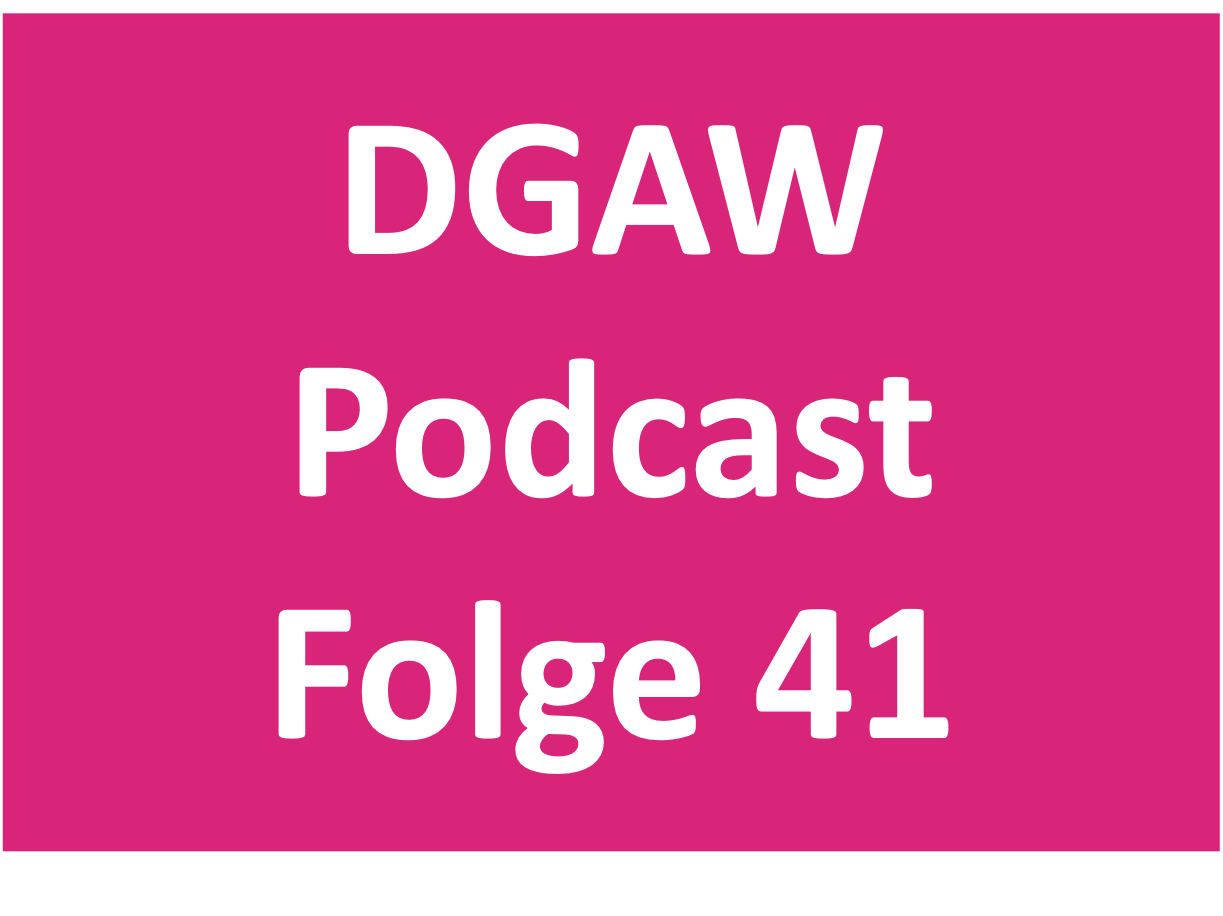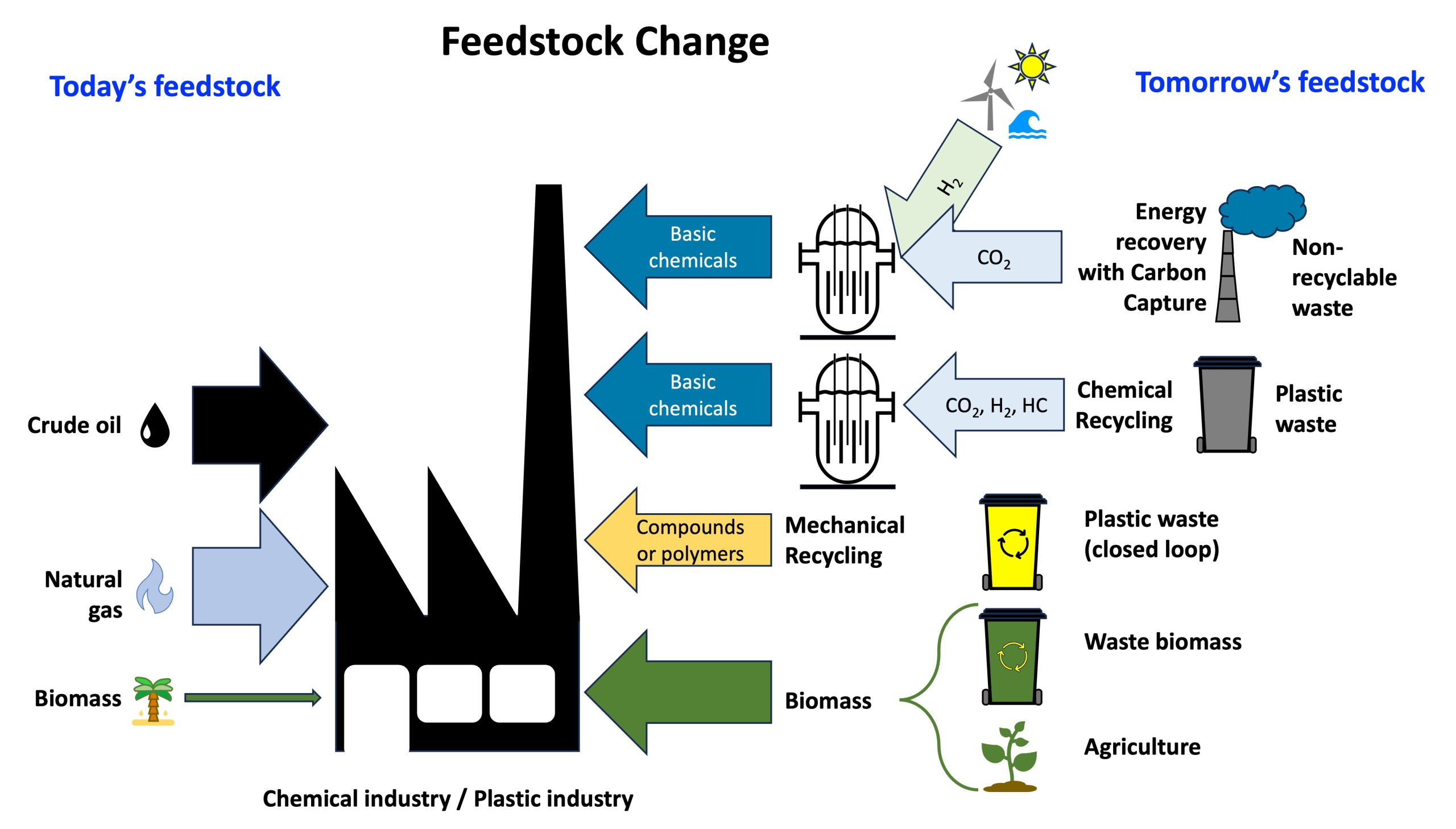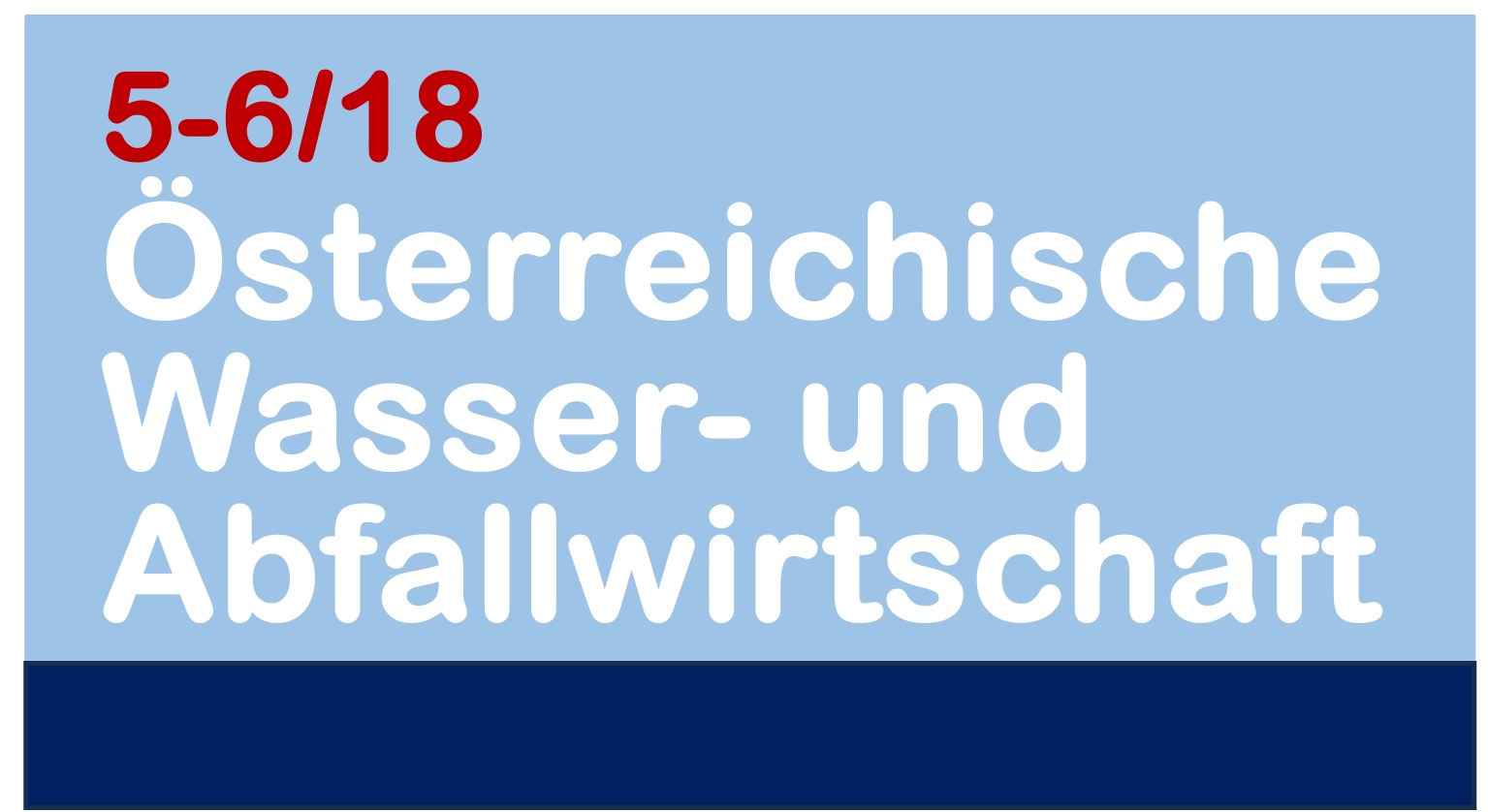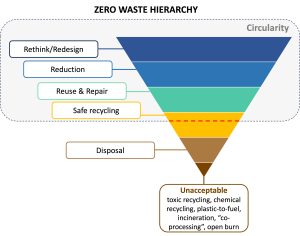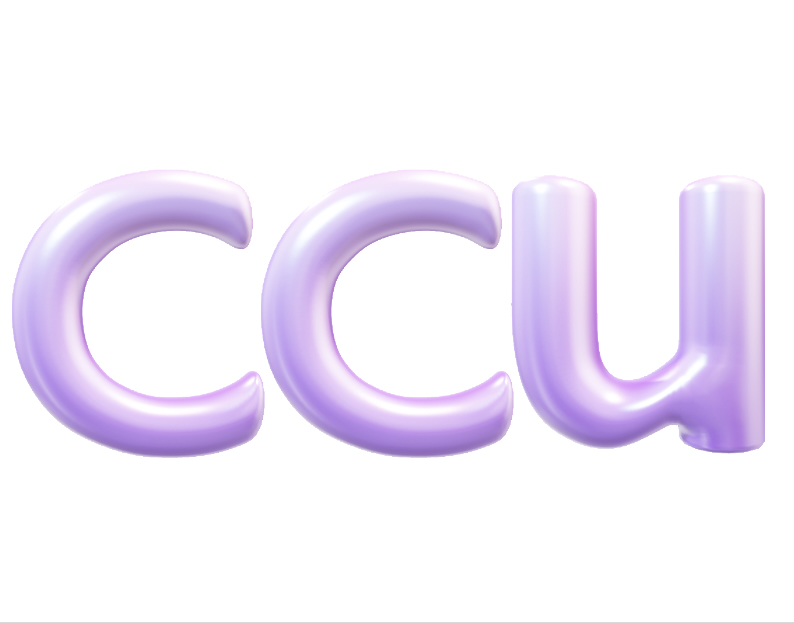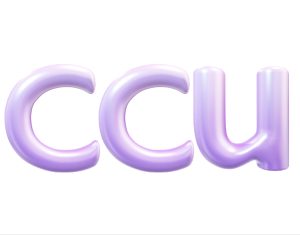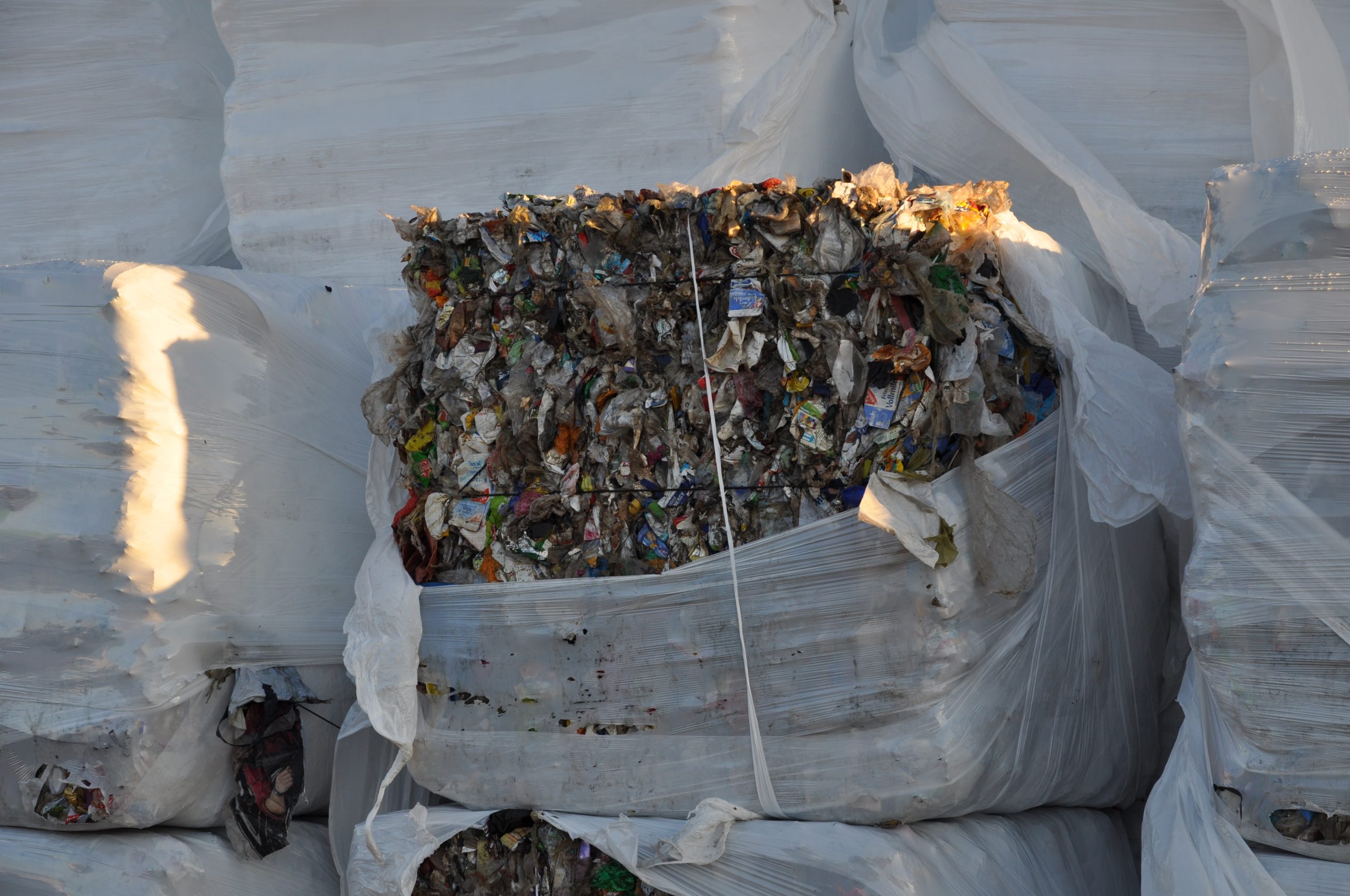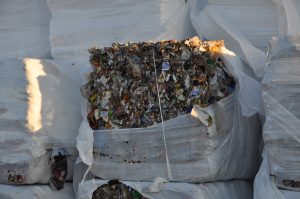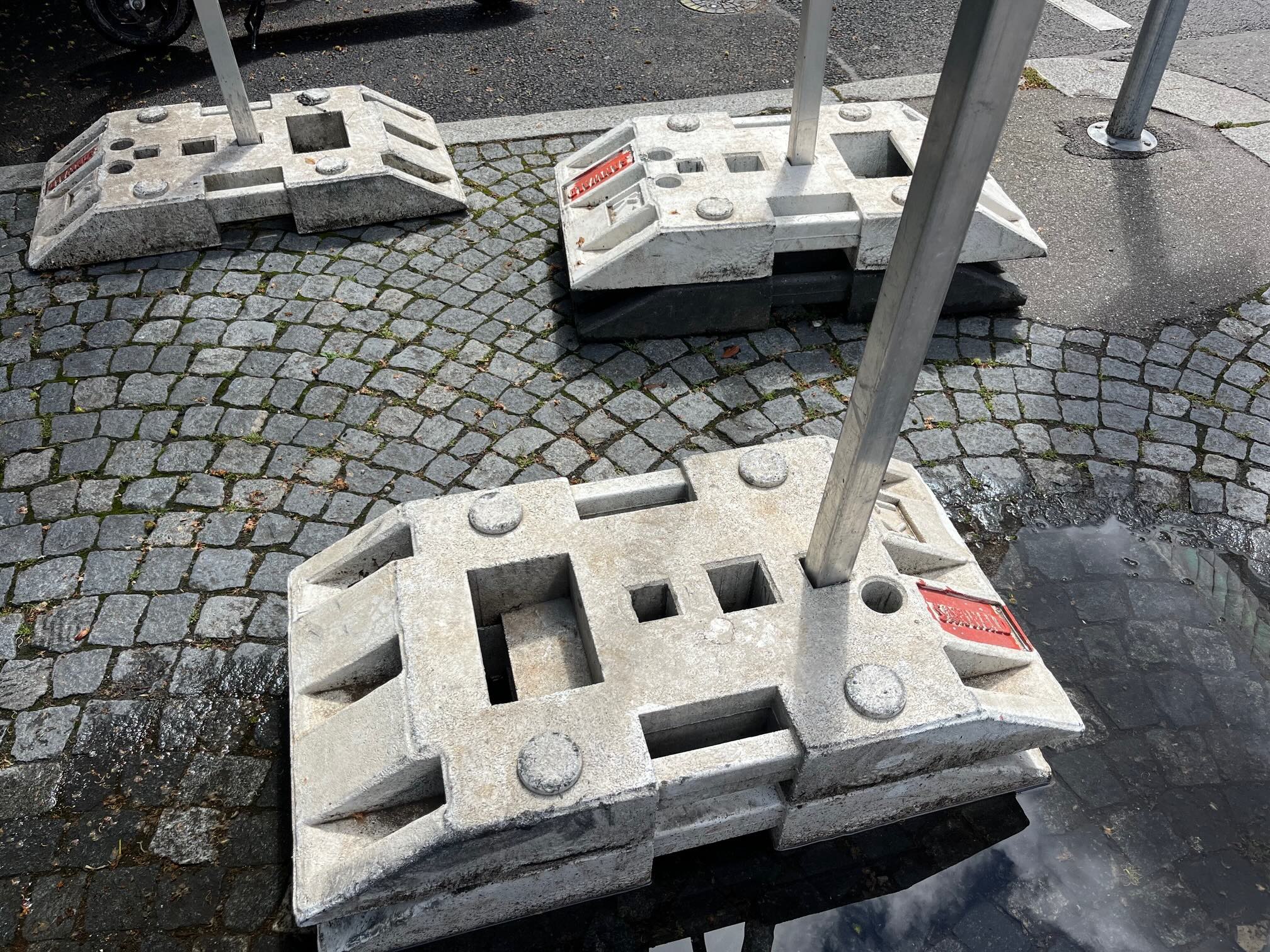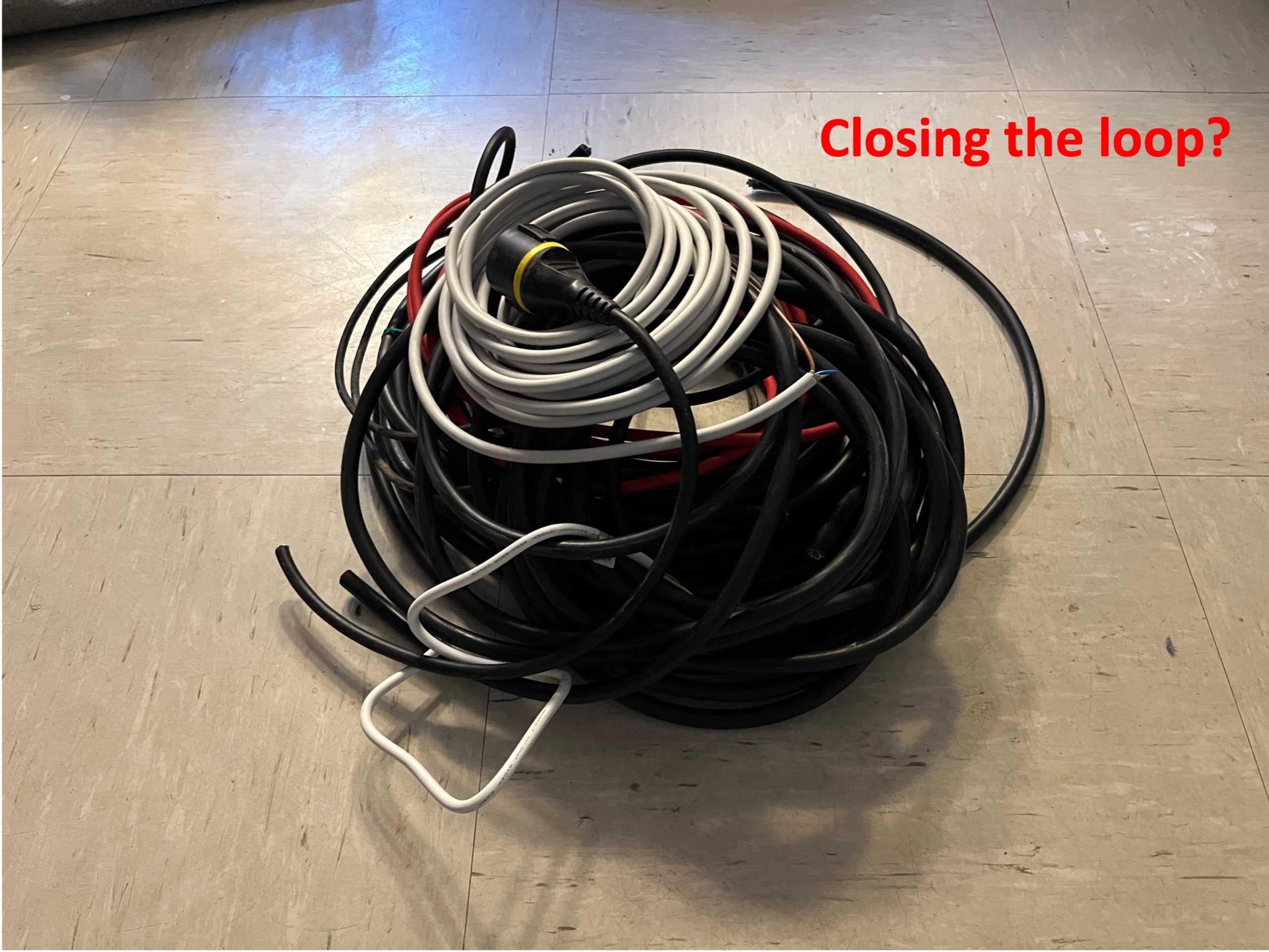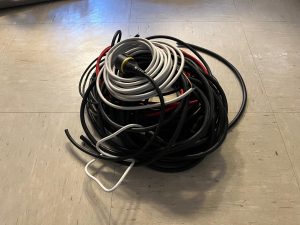Third-generation biodegradable plastics—A complementary strategy to tackle the marine litter problem
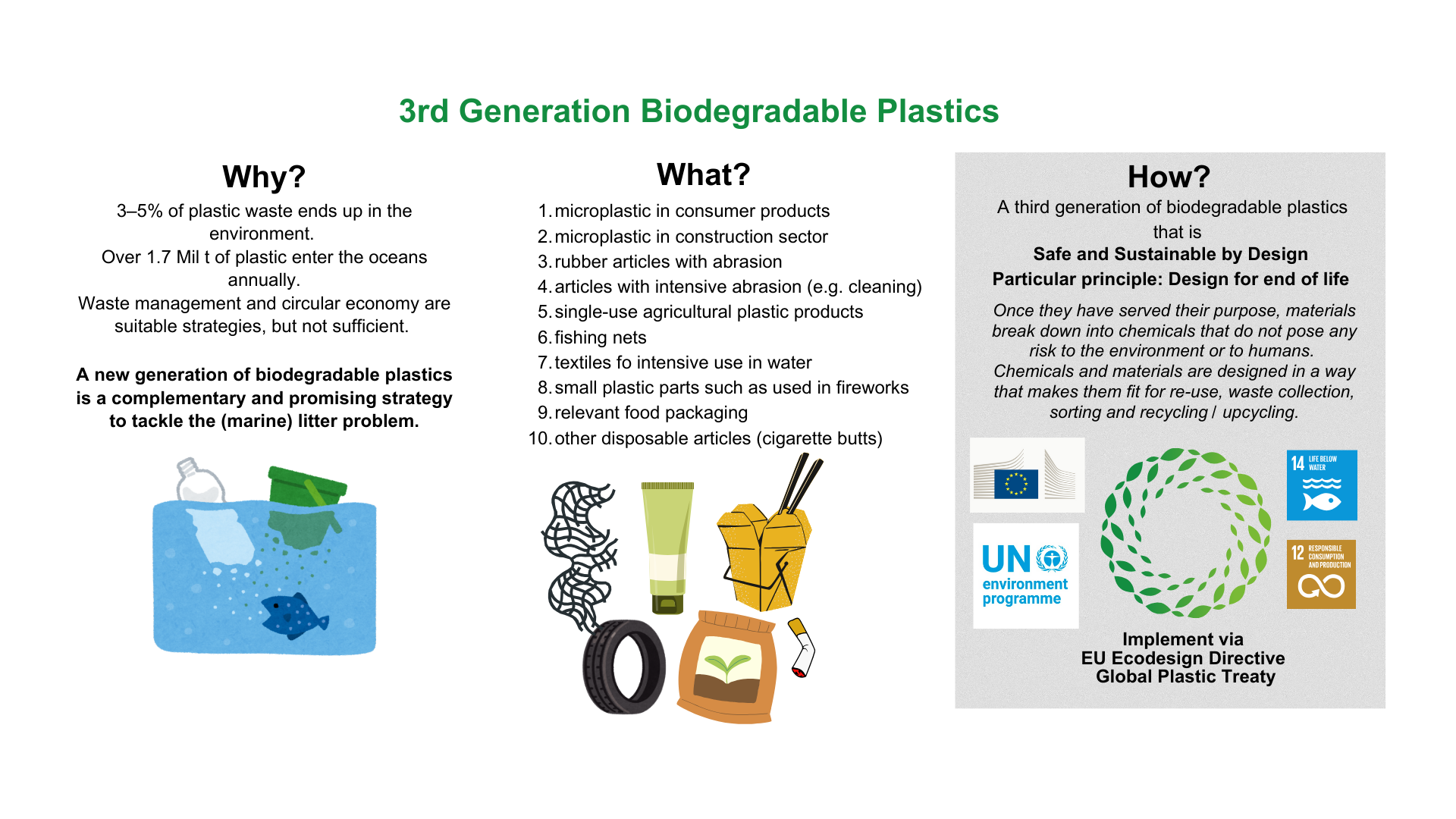
February 24, 2025
The amount of plastic produced worldwide has reached 400 million metric tonnes in 2022. Estimated 3–5% of this amount ends up in the environment, where it poses significant threats to ecosystems and biodiversity. Littering, a growing global challenge, requires a combination approach to tackle its causes and mitigate its impact. There are different strategies to combat littering. But even with immediate and concerted action to reduce consumption of plastics, more than 700 million tonnes of plastic waste will cumulatively enter the aquatic and terrestrial ecosystems until 2040. Waste management systems, even if improved, do not have sufficient capacity at the global level to cope with the huge mass of plastics entering the environment. Especially for plastic, which will foreseeable and inevitably enter the environment, where it can persist for hundreds of years (‘forever’ plastics), a solution is needed. Biodegradable plastics, that meet the criteria of ‘Safe and Sustainable by Design’ (SSbD) offer innovation perspectives and can be a complementary strategy to tackle the marine litter problem.
Lahl, R., Bleischwitz, R., Lahl, U., Zeschmar-Lahl, B. (2025): Third-generation biodegradable plastics – A complementary strategy to tackle the marine litter problem. Sustainable Chemistry and Pharmacy 44, 101925. https://doi.org/10.1016/j.scp.2025.101925

